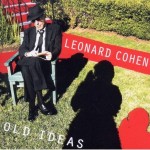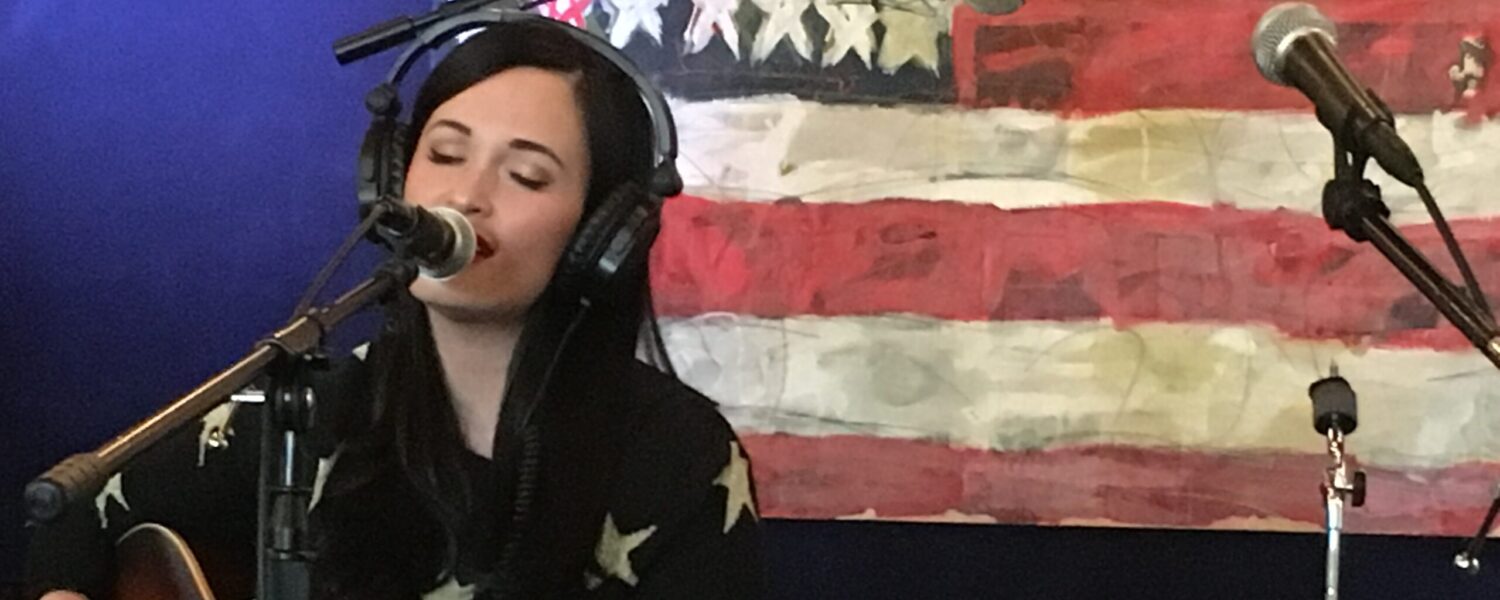 by Terry Roland
by Terry Roland
— Leonard Cohen’s latest album returns us to his dark ballroom of late night apocalyptic poetic waltzes, haikus and tongue-in-cheek pessimistic self-reflections.
Old Ideas is built off of much the same musical landscape that Cohen has carefully laid for the last ten years with spare and lean cabaret instrumentation, Sharon Robinson’s gorgeous, simple and clear background vocal arrangements and his own vocal range dropping down to a phantom-like near-whispered low frequency, his trademark for the last 20 years. His voice is as much his instrument as Dylan’s mid-‘60s howl, Ray Charles’ piano and BB King’s Lucille.
His contemplative meditations are built off of American blues, gospel and jazz. On songs like “Show Me The Place,” the songwriter walks into the warm comfort of Stephen Foster’s “Hard Time,” with his own updated sentiment “I save what I could save/a thread of light/a particle, a wave/but there were chains.”
This song also features beautifully arranged and performed background vocals by Jennifer Warnes who recorded the first and still best Cohen tribute album Famous Blue Raincoat. The song destined to be remembered is his one detour down Boogie Street on “Darkness,” which will most likely become fodder for future interpretations.
Old Ideas brings Cohen to a subtle thematic shift he’s been exploring for years and maybe, after a string of artistically successful albums and a world tour, he’s relaxed enough to simply let his own humorous leanings merge seamlessly into the sudden enlightenment of his well-worn lyrical angst and absurdity. To be sure, humor has always been a poetic ingredient in his work, but this time out, the artist is more relaxed with it and seems to have found the funny bone in his serious musings.
So what shines most on this new collection of songs is the grin behind the dark eyes. You can walk with Leonard and dance through his End-of-Times ballroom, but all you may see of him this time out is a mischievous Cheshire smile, less romantic and dramatic and more intent on tricking you as he disappears into sometimes familiar metaphors and images.
Examples abound on songs like “Crazy To Love You” where he “chases through the souvenir heartache, her braids and blouse all undone,” and his sly turn of America’s most joked about instrument into a gothic death symbol on “Banjo,” which is “broken and bobbing on the dark infested sea,” buoyed by appropriately infectious and toe-tapping phrasing. The song brilliantly sums up the balance Cohen has found in his humor and dark imagery.
Old Ideas, more consistently than Dear Heather and less earnestly than Ten New Songs, shows how Leonard, always the poet, continues to sharpen his skilled and unique approach to spoken word with haunting, spare and engaging music. If you’re so inclined to walk into his world of Old Ideas, it’s more important than ever not to take things too seriously. Do enjoy the stroll.
